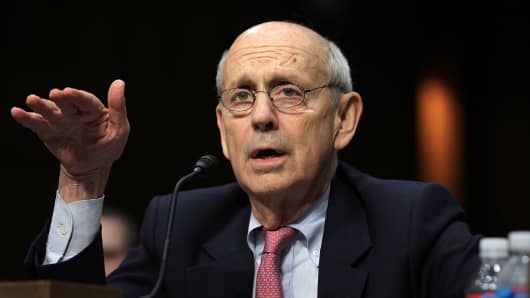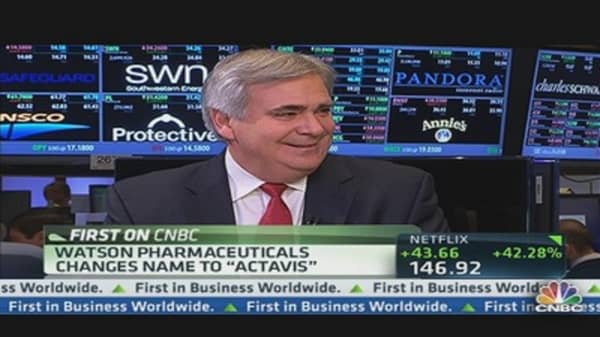A Supreme Court decision Monday allowing federal regulators to continue challenging "pay-for-delay" deals between pharmaceutical companies and generic drug makers on anti-competitive grounds was greeted with dismay by industry observers after the court failed to rule whether such arrangements are always legal or illegal.
The ambiguity in the Supreme Court's decision in FTC v. Actavis, those observers said, means pharma companies and their generic competitors will be uncertain of the financial benefits and risks when they enter into such deals because their legitimacy may be challenged.
"I think they're going to create a holy mess out of this," said analyst Ronny Gal, who follows Actavis for Sanford Bernstein. "If I were a patent attorney in the drug world, I would be opening a bottle of Champagne right now. It's basically a 'full-employment of patent attorneys' decision."
Gal said the high court's 5-3 ruling in the case, which was written by Justice Steven Breyer, "basically says that you have to go to court every time to prove" a deal is legal under antitrust law if the Federal Trade Commission or another company files a lawsuit challenging the deal.
At issue in the case are so-called reverse pay patent settlements, where pharmaceutical companies with pricier brand-name drugs pay would-be generic competitors to delay entering the market by dropping or not launching lawsuits challenging the brand-name's patents.
FTC regulators "don't like" patent settlements, said Damien Conover, a health-care industry analyst at Morningstar.
(Read More: Actavis to Buy Warner Chilcott for $8.5 Billion)





